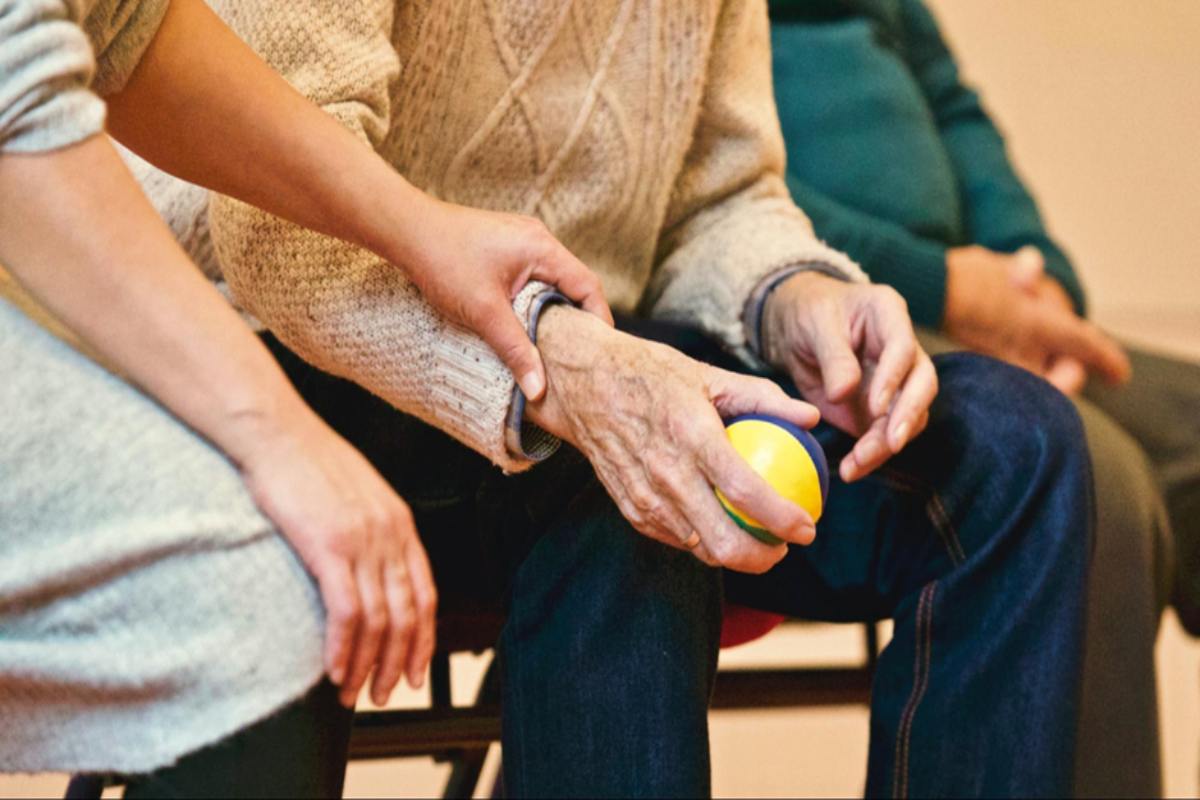As people age, health becomes a very serious priority for lengthening as well as improving the quality of one’s life. Physical health is of course incredibly important, especially in a person’s later years, but one of the main concerns surrounding aging is a decrease in cognitive function. This can include decreased motor functions, confusion, and memory loss.
Alzheimer’s disease is a serious concern for older patients as it can lead to rapid deterioration if not managed. Luckily, with modern medical knowledge, we know there are ways to help prevent cognitive problems, including loss of memory. Taking precautionary measures before any issues occur can prevent or lessen the effects of Alzheimer’s or any other cause of memory loss.
Medical Interventions
Medications that improve cognitive function can be used to prevent memory loss in elderly patients. Alzheimer’s drugs, such as cholinesterase inhibitors and memantine, have been approved by the FDA to treat memory and other forms of cognitive impairment caused by Alzheimer’s disease. These drugs can help slow or manage memory loss, thinking and reasoning problems, and day-to-day function. Additionally, cognitive-enhancing drugs, such as modafinil, have been found to improve executive function, attention, learning, and memory in healthy adults. Certain supplements can also help to prevent memory issues, as there are many nowadays designed for this very purpose. A memory supplement for elderly people can be great for preventing issues before they even arise.
Treatment of underlying health conditions can also help. Some treatable medical conditions, such as thyroid disorders, vitamin deficiencies, and depression, can cause or accelerate dementia symptoms. Therefore, it is important to identify and treat these conditions promptly to prevent further cognitive decline. However, statins given to older people at risk of vascular disease do not prevent cognitive decline or dementia. Thus, it is essential to identify the specific underlying health conditions and treat them accordingly.
The use of cognitive training programs can also be an effective way to prevent memory loss in elderly patients. Comprehensive interventions, such as healthy lifestyle programs, have been shown to be efficient in enhancing memory and other abilities. Cognitive training can effectively delay the decline of overall cognitive ability for elderly people with mild cognitive impairment. Additionally, physical exercise has been found to reduce the fall risk in older adults with mild cognitive impairment.
Lifestyle Changes
Regular exercise and physical activity have been found to be effective in treating and preventing memory issues. Aerobic exercise, in particular, has been shown to slow down the progression of memory decline and improve cognitive function. Studies have shown that regular exercise can significantly reduce the risk of developing dementia by about 30%. Additionally, multi-component physical exercise can effectively improve the working memory of older adults.
A healthy diet and nutritional supplements can also contribute to memory loss prevention. Research has shown that consuming fruits, vegetables, whole grains, fish, and olive oil can improve the health of blood vessels, reducing the risk of a memory-damaging stroke. Modifiable risk factors, including poor diet, can affect cognitive function in older adults. Nutritional supplements such as high-potency multiple vitamin and mineral capsules have also been recommended for the prevention of Alzheimer’s disease and improving memory loss.
Mental stimulation through activities such as reading, playing games, and learning new skills can also help maintain cognitive function and prevent memory loss. Group activities involving multiple patients can often be very beneficial as they stimulate the brain while also providing social interactions. Encouraging social engagement and providing opportunities for mental stimulation are crucial steps in caring for older patients.
Strategies for Caregivers
One effective strategy for caregivers is creating a structured routine. Daily routines can help decrease undesired behaviors such as aggression, restlessness, and agitation, which are common symptoms of Alzheimer’s and dementia. Establishing regular times for meals, baths, hobbies, and a limited number of activities can help improve memory and reduce confusion. Setting a daily schedule not only benefits dementia patients but also helps caregivers. Structured and pleasant activities can often reduce agitation and improve mood. Therefore, caregivers should prioritize creating a structured routine for elderly patients to help improve their overall well-being.
Encouraging social interaction and mental stimulation is another effective strategy for preventing memory loss in elderly patients. Studies have shown that individuals who are socially active experience less decline in memory. Social interaction is healthy for the brain and can slow symptoms, including deteriorating memory. Maintaining friendships helps prevent isolation and provides mood boosts for seniors, while active social lives can help seniors avoid dementia. There are even programs that will bring in emotional support dogs or other animals to provide stimulation and enrichment for patients. Additionally, mental stimulation through activities such as puzzles, reading, and learning new skills can help keep the brain active and prevent memory loss.
Providing emotional support and encouragement is also crucial for elderly patients. Caregivers should be patient and unconditionally supportive, as memory loss can be frustrating for everyone. Encouraging the use of diaries, journals, or calendars can help elderly patients record events and conversations and improve their memory. Caregivers should also provide continued reinforcement for treatment or necessary lifestyle changes. Anticipating ups and downs and maintaining patience, compassion, and a sense of humor can help caregivers cope more effectively with difficult situations. Lastly, caregivers should prioritize self-care and seek support to prevent burnout, as these situations can often be taxing and patients need their caregivers to be alert and able to give the best care they can.
Memory issues and other cognitive problems often caused by Alzheimer’s disease and dementia can be devastating if not managed properly. While there are treatments for these cognitive diseases, preventing any problems from occurring in the first place is always a better option. Elderly patients, their family, and their caregivers should always consult a doctor about memory loss prevention and set up a treatment plan if it’s needed in the future, especially if Alzheimer’s runs in the patient’s family.

